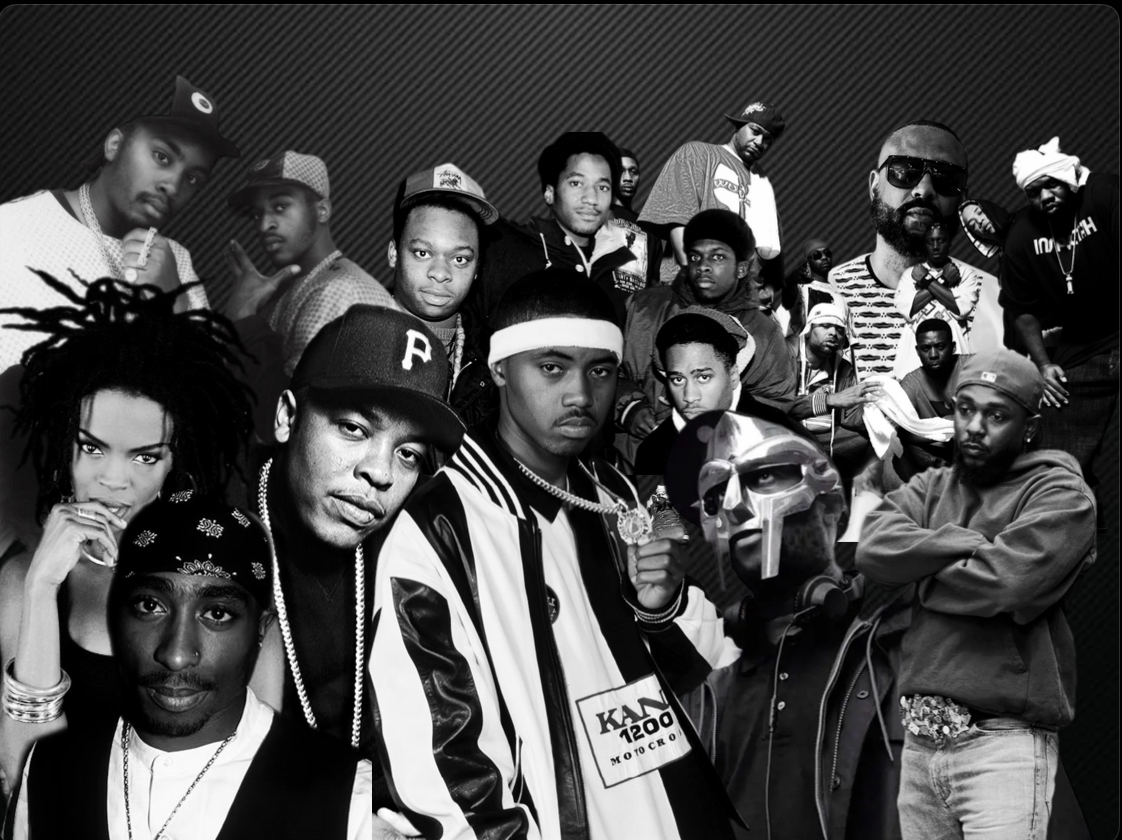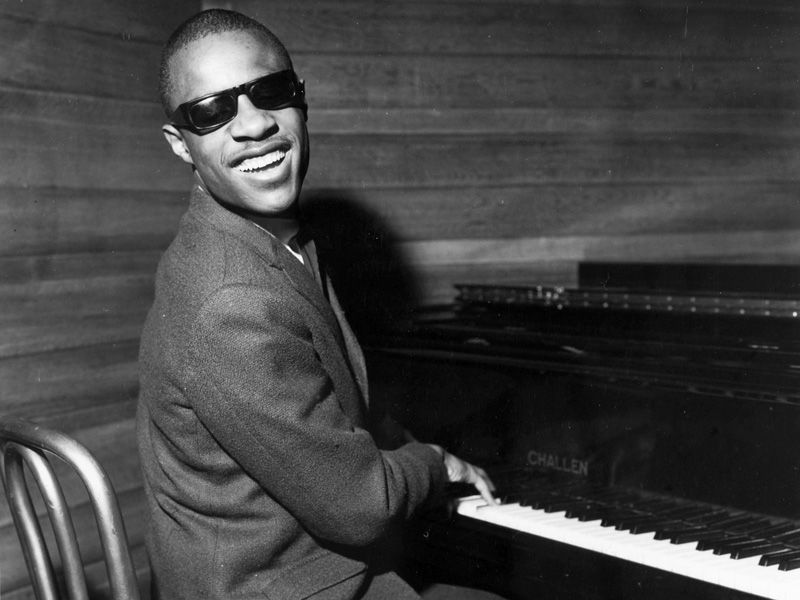Stevie Wonder is one of the most revered and celebrated musicians from the 20th-21st century, with an indelible approach to genres such as R&B, pop, soul, gospel, funk, and jazz. In celebration of Black History Month 2025, it is imperative to mention activist, philanthropist, and musician Stevie Wonder. With a career starting in 1961, Wonder has had 10 US number-one hits on pop charts, 20 R&B number one hits, and has sold over 100 million records, 19.5 million which are albums; he is one of the top best-selling music artists of all time with combined sales of singles and albums.
Born Stevland Hardaway Judkins in 1950, Stevie Wonder was eleven-years-old when he was signed to Motown’s Tamla label for his talent. Born blind, his musical talent instead nurtured and flourished. Having the ability to play numerous various instruments such as piano, harmonica, and drums -and with a warm, soulful voice- he was capable of revolutionizing the sound of R&B, soul, and popular music; songs such as Superstition, Signed, Sealed, Delivered, and Sir Duke demonstrate his ability to blend rhythm, melody, and lyrics. Besides the instrumental and vocal capabilities, Wonder revolutionized music recording with his introduction of synthesizers, which was revolutionary for the music genre of R&B. His trailblazer albums, including Songs in the Key of Life, solidified his greatness in his respective genres.
Wonder also promoted social justice and equality. He was a vocal ally of the Civil Rights Movement and assisted in mobilizing the effort to make Martin Luther King Jr.’s birthday a national holiday. Happy Birthday, one of his songs, now serves as the song for this movement, illustrating music’s capacity to promote social change. Wonder has always expressed his opposition to racism, poverty, and injustice, reaffirming his devotion to speaking for the greater good. His activism was not limited to racial justice; he also fought for disability rights, proving he created actual change in the world.
His impact goes beyond activism, encroaching into the structure of pop culture. Wonder’s work with synthesizers, along with his innovative records, pioneered novel musical ideas. His impact can be seen on the music of numerous artists across all genres, from R&B legends such as Prince and Beyoncé to pop celebrities such as Justin Timberlake. His ability to blend styles with ease and create lyrics with intention has been a significant example for generations of musicians. Furthermore, as the initial African American winner of three Grammys in succession for Album of the Year, Wonder paved the way and made the roads possible for people of color to go down in the years that have followed.
Throughout his professional career, Stevie Wonder has won numerous awards, such as 25 Grammy Awards, the Presidential Medal of Freedom, and being inducted into the Rock and Roll Hall of Fame. His contribution to music and activism is evidence of the power of determination, creativity, and social consciousness. His music still inspires and unites people today.
In honor of Black History Month, Stevie Wonder embodies musical brilliance and commitment to social consciousness. His music serves as a reminder that music is not merely entertainment, but a vehicle for change. Honoring his legacy reminds us of the significant role Black artists play in shaping culture and history and that their art must be heard and celebrated for generations to come.




















